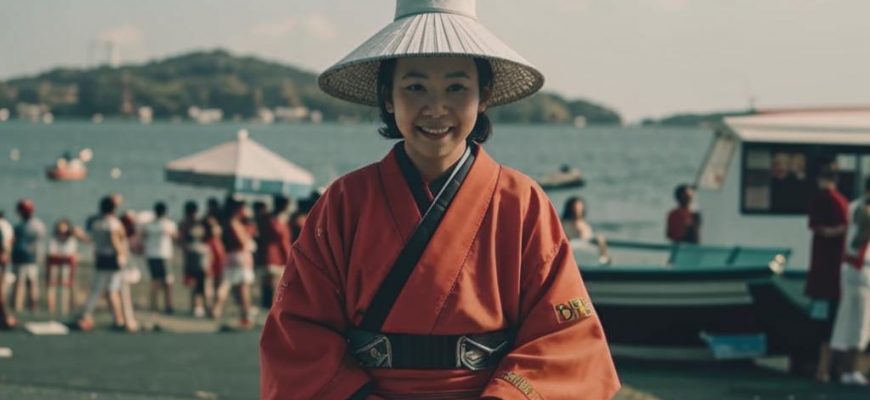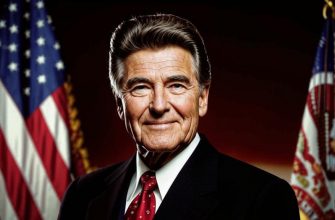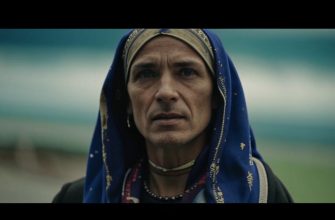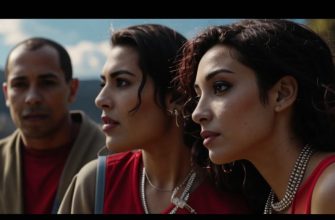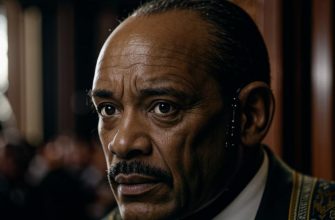“Hacksaw Ridge”, 2016
Director: Mel Gibson

Directed by Mel Gibson, this biographical war film tells the true story of Desmond Doss, an American combat medic who served during the Battle of Okinawa in World War II. Doss became the first man in American history to receive the Medal of Honor without firing a shot, due to his personal beliefs as a Seventh-day Adventist.
Starring: Andrew Garfield, Sam Worthington, Teresa Palmer, Luke Bracey, Vince Vaughn, Hugo Weaving, Rachel Griffiths, Nathaniel Buzolic, Richard Roxburgh, Firass Dirani;
Production year: 2016;
Genre: biography, war, drama, history;
MPAA rating: r;
Duration: 139 min.;
Rating: IMDB: 8,1;
More information about the film “Hacksaw Ridge” on the website imdb.com
“The Karate Kid Part II”, 1986
Director: John G. Avildsen

This film, directed by John G. Avildsen, continues the story of Daniel LaRusso and his mentor Mr. Miyagi as they travel to Okinawa, Mr. Miyagi's home. Here, they encounter old rivals and new friends. The movie explores themes of honor, friendship, and cultural differences, all set against the backdrop of Okinawa's unique landscape and heritage.
Starring: Pat Morita, Ralph Macchio, Pat E. Johnson, Bruce Malmuth, Eddie Smith, Martin Kove, Garth Johnson, Brett Johnson, Will Hunt, Evan James;
Production year: 1986;
Genre: sport, melodrama, family;
MPAA rating: pg;
Duration: 113 min.;
Rating: IMDB: 6,1;
More information about the film “The Karate Kid Part II” on the website imdb.com
These films, each in their unique way, contribute to the rich tapestry of Okinawa's cinematic representation, offering viewers a blend of historical, cultural, and personal perspectives on this diverse and complex region.
In exploring the multifaceted world of films about Okinawa, viewers are treated to a rich tapestry that blends the island's stunning natural beauty with its complex history and vibrant culture. From the poignant narratives of wartime struggles and reconciliation found in “Hacksaw Ridge” and “The Battle of Okinawa,” to the introspective explorations of identity and heritage in “Karakara” and “Nabbie's Love,” these films collectively offer a deeper understanding of Okinawa's unique place in both Japanese and global narratives. They not only reflect on the scars left by past conflicts but also celebrate the resilience, traditions, and spirit of the Okinawan people. As such, this selection showcases the power of cinema to bridge histories and cultures, inviting audiences worldwide to appreciate the nuanced stories of a region that continues to captivate the imagination with its beauty, sorrow, and enduring strength.

